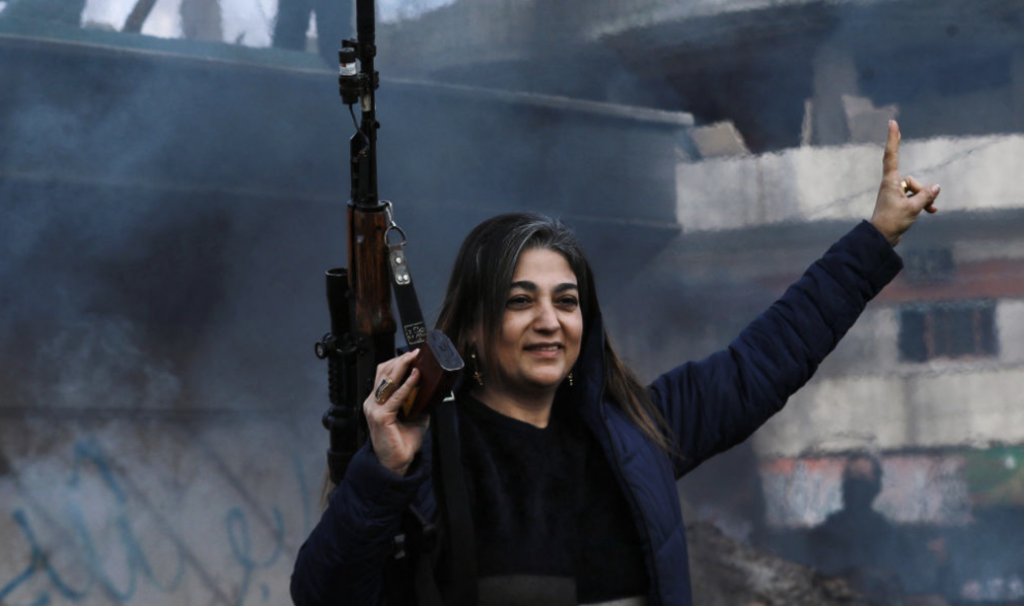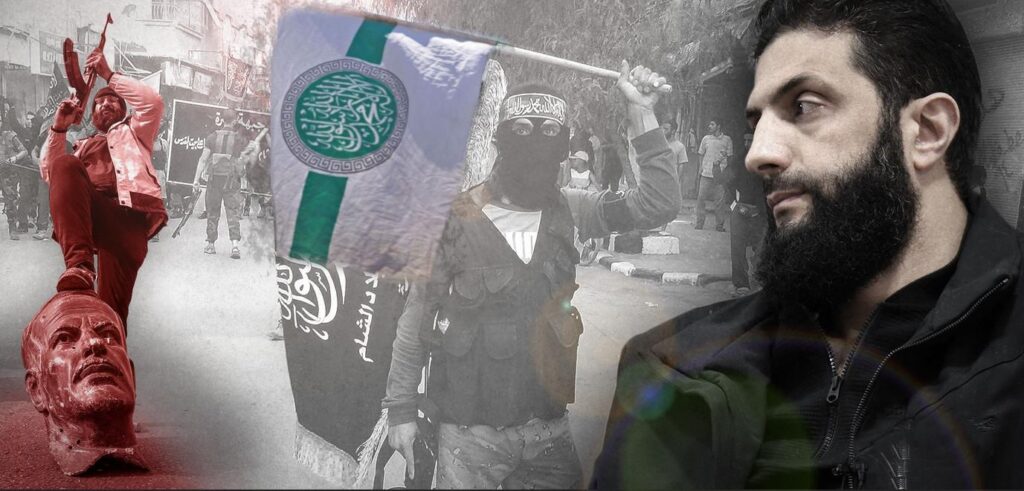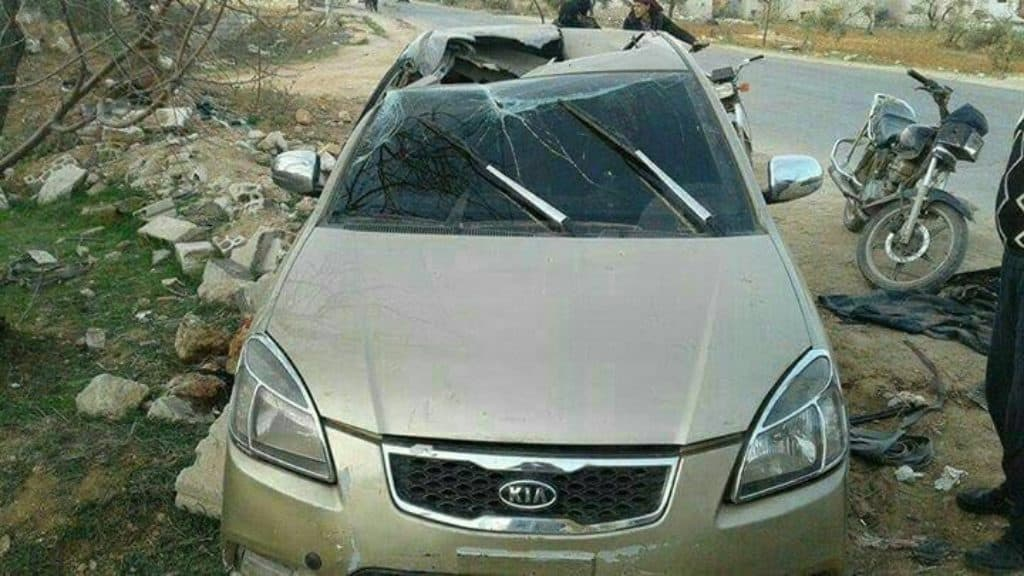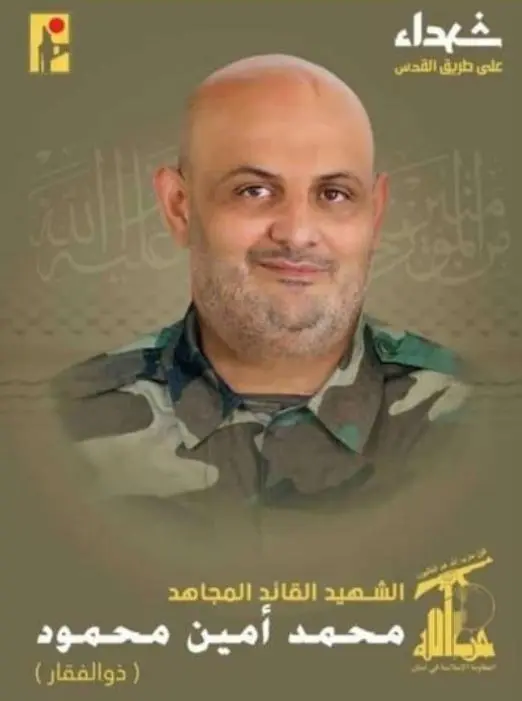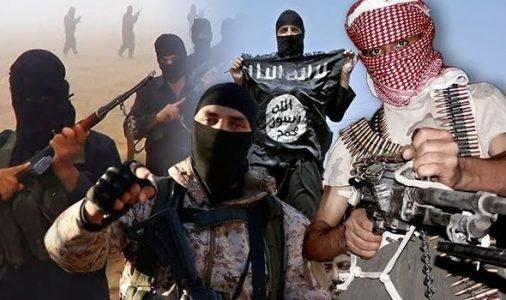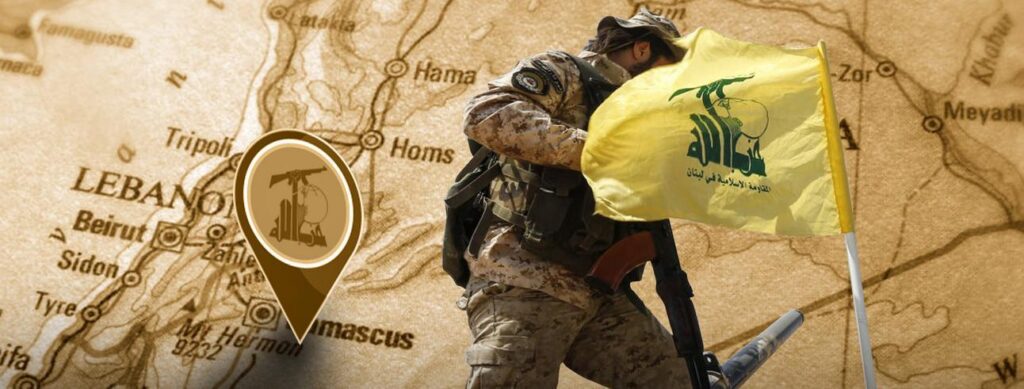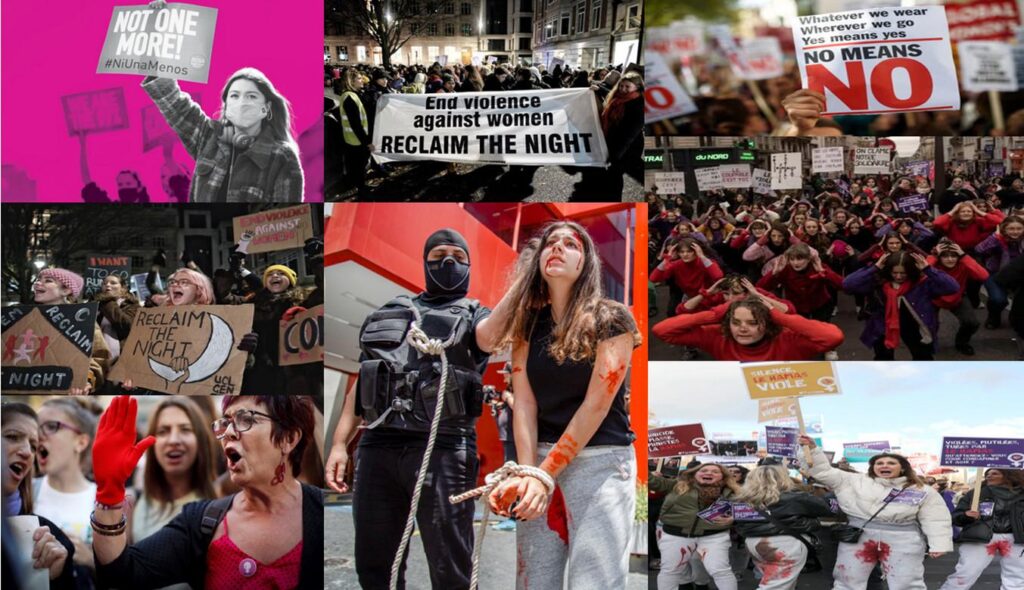What the fall of Assad could mean for the Middle East
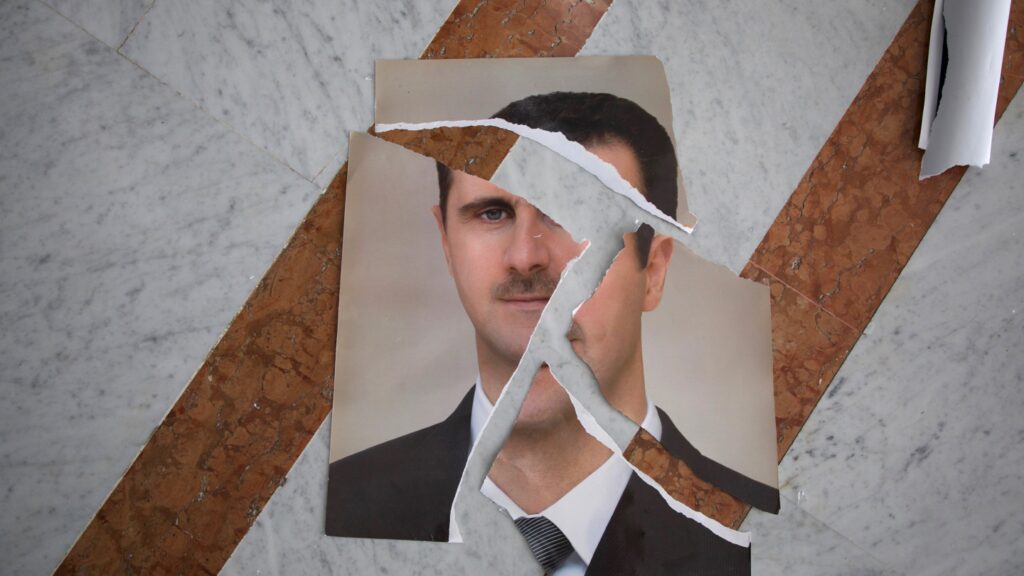
Analysis: The end of the Assad family’s 54-year rule is the start of a new chapter in Syrian history, one that will have reverberations across the Middle East.
For years, many commentators inaccurately claimed that former Syrian President Bashar al-Assad and his government had “won” the civil war. In truth, the Assad regime had, until a few days ago, merely survived the conflict, which froze in 2020.

